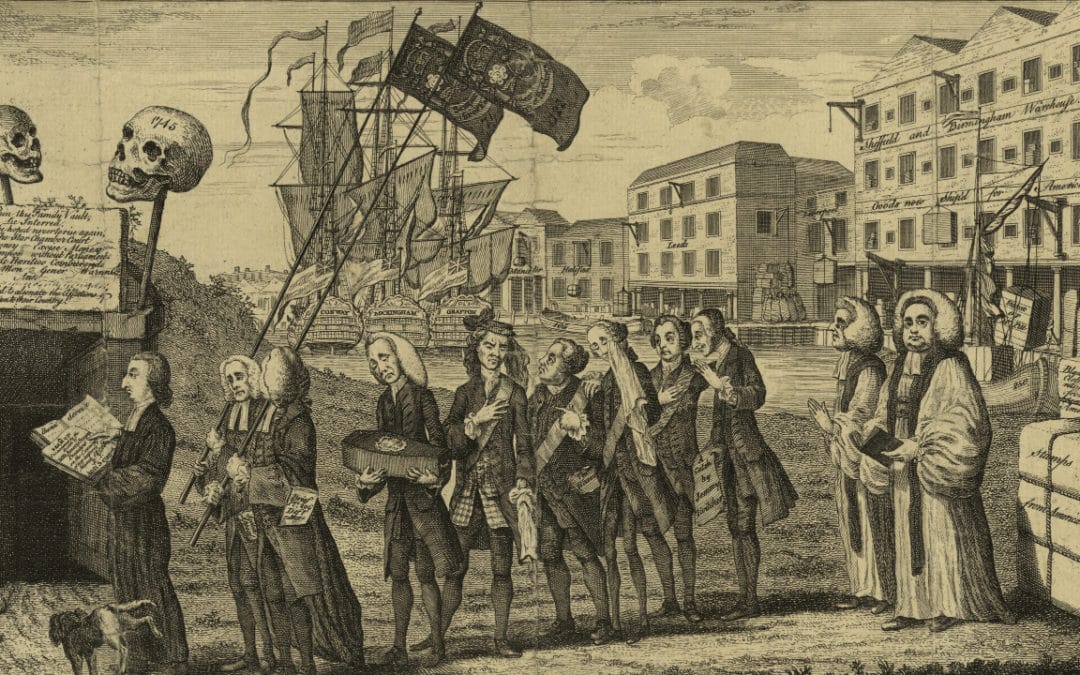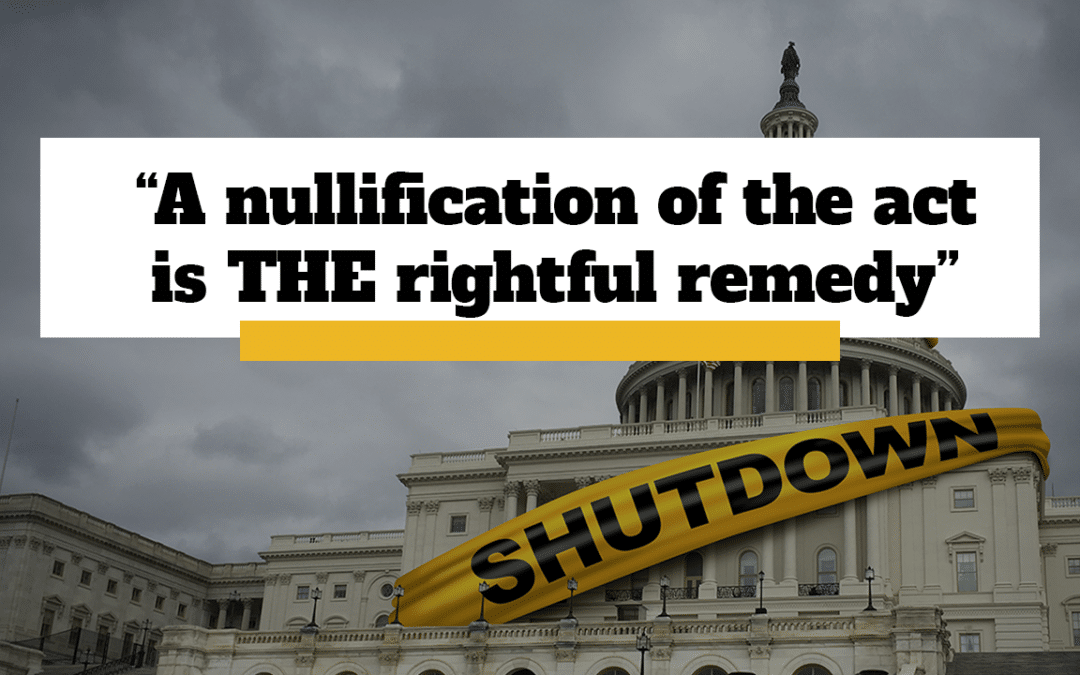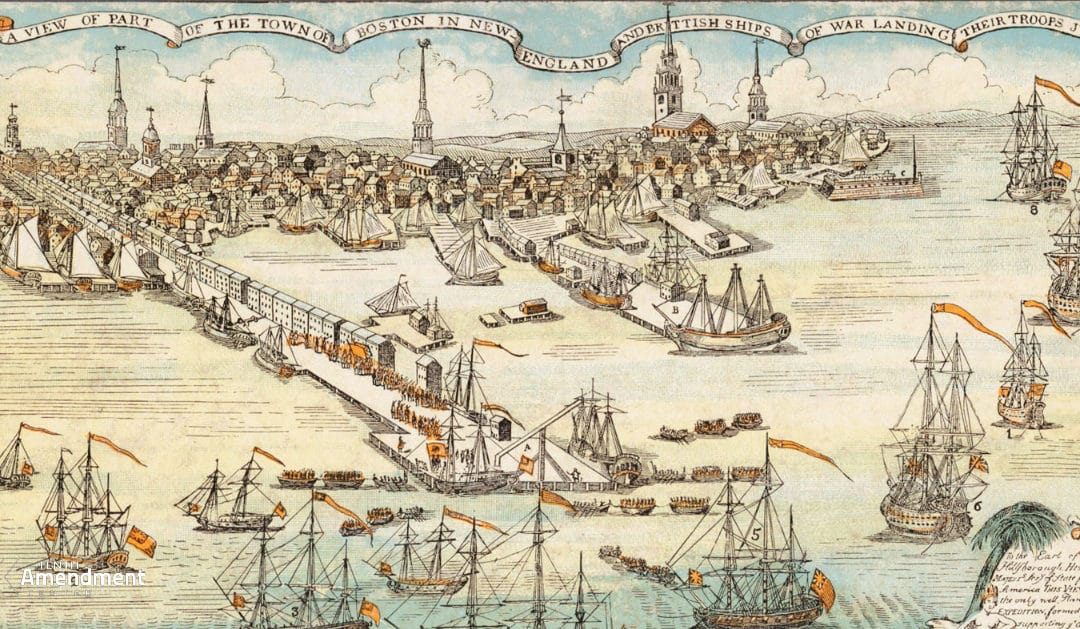


“Vote the Bums Out” is the Wrong Strategy
“Vote the bums out!” is the dominant political strategy in the United States. If you don’t like what’s going on, wait two years, or maybe four, and kick the offensive politicians out of office. Right? Well, the problem with this strategy is even in situations where...
The Strategy: How to Beat the Feds
Taking on the biggest and most powerful government in history may seem like an impossible task. It isn’t. That’s not to say that it’s going to be easy. As Thomas Jefferson said, “We are not to expect to be translated from despotism to liberty, in a feather-bed.” He...
War and Big Government Go Hand-In-Hand
War and big government go hand-in-hand. James Madison warned us. “Of all the enemies to public liberty war is, perhaps, the most to be dreaded, because it comprises and develops the germ of every other.” Madison specifically notes that wars require armies,...
